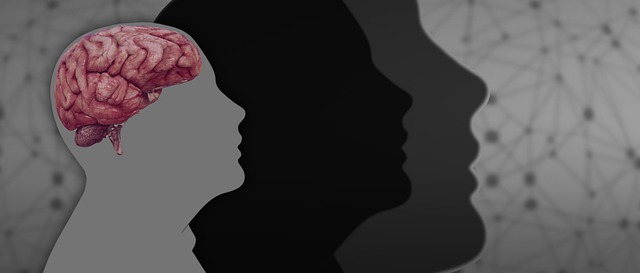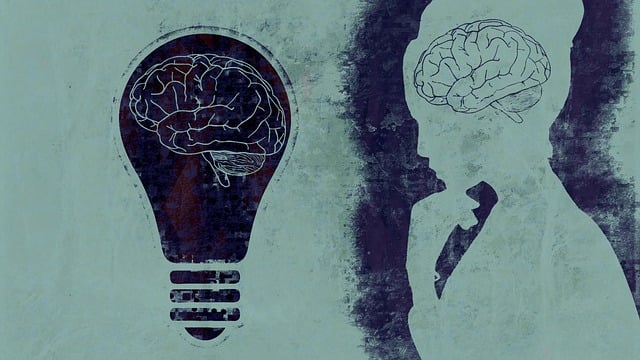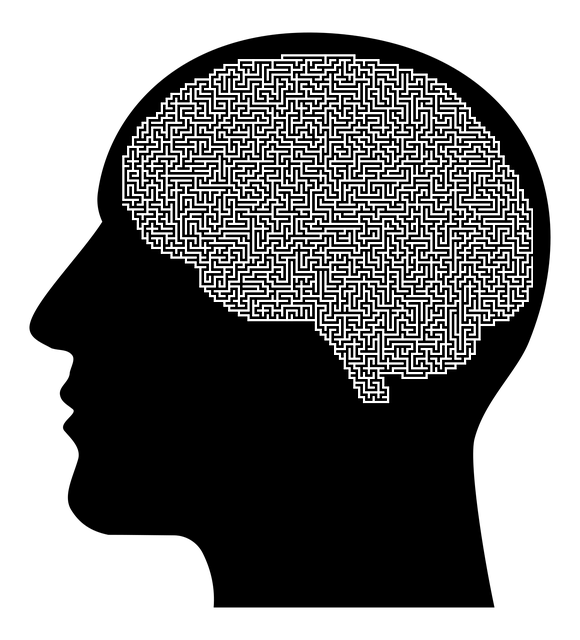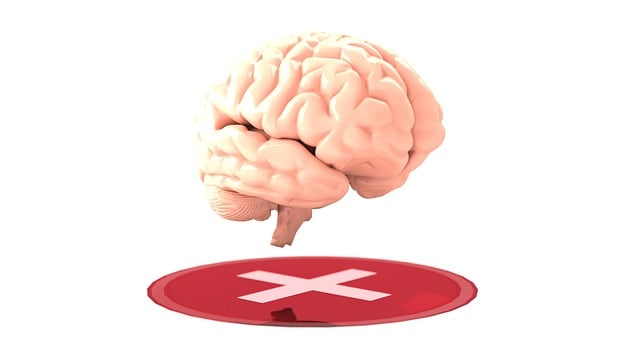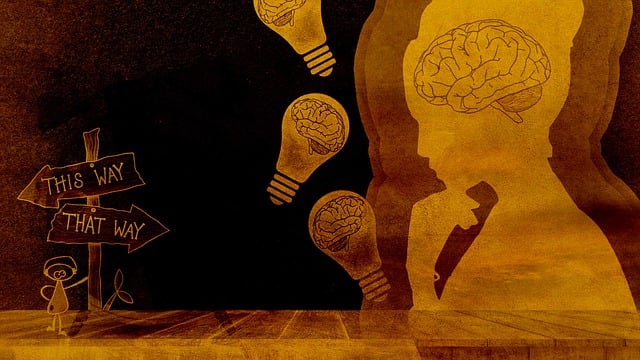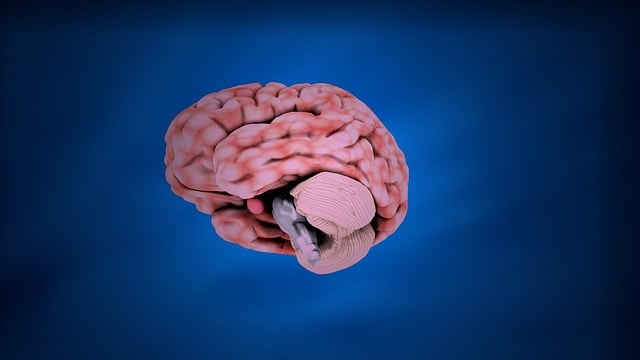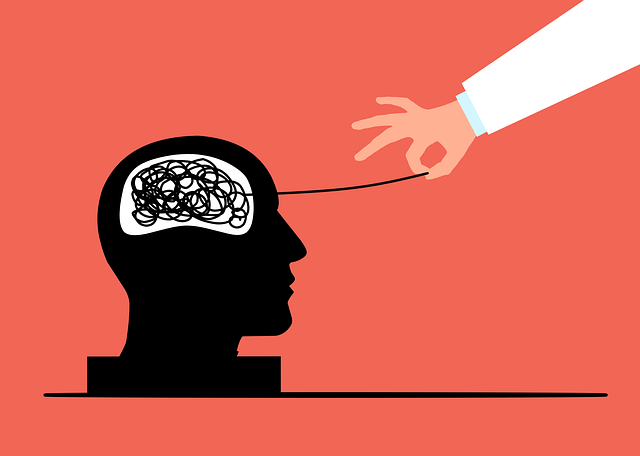In today's diverse society, cultural sensitivity is crucial for effective therapy among young adults, especially those dealing with grief. Therapists must recognize and respect varying cultural practices and beliefs related to counseling and mood management. By integrating Mind Over Matter principles, they create inclusive environments that honor individual cultural contexts. This enhances the effectiveness of tailored strategies, ensuring young adults feel seen, heard, and supported on their healing journey.
In today’s diverse society, cultural sensitivity in mental healthcare is paramount, especially when addressing the unique needs of young adults. This article explores the critical role of cultural competency in therapy, delving into its impact on grief counseling contexts specifically for young adults. We examine cultural barriers to care and how to overcome them, highlighting successful case studies. Additionally, we provide strategies for building trust and enhancing communication, ensuring mental health professionals can offer effective, culturally responsive services tailored to diverse youth.
- Understanding Cultural Diversity in Mental Healthcare
- – The significance of cultural sensitivity in therapy
- – Identifying and addressing cultural barriers to care
Understanding Cultural Diversity in Mental Healthcare

In the ever-evolving landscape of mental healthcare, understanding cultural diversity is no longer a consideration but a necessity. Young adults from diverse backgrounds often face unique challenges that can significantly impact their mental health and the effectiveness of therapy. Grief counseling, for instance, may resonate differently across cultures, with varied beliefs surrounding mourning and loss. Therapists must be adept at tailoring their approach to honor these differences, ensuring sessions are inclusive and meaningful.
The integration of Mind Over Matter principles can play a pivotal role in culturally sensitive mental healthcare. By recognizing and respecting individual cultural contexts, therapists can foster a deeper connection with clients. This, in turn, enables more effective mood management strategies tailored to the specific needs and beliefs of young adults seeking therapy. Mental health awareness campaigns that acknowledge cultural diversity are essential steps towards creating inclusive environments where everyone feels seen, heard, and supported on their journey to healing.
– The significance of cultural sensitivity in therapy

Cultural sensitivity is a cornerstone in modern mental healthcare practice, especially when catering to diverse populations such as young adults. In therapy sessions, understanding and appreciating cultural differences can significantly enhance the effectiveness of treatment. Every individual brings their unique cultural background, experiences, and beliefs into the therapeutic space, which can greatly impact how they express emotions, interpret events, and respond to coping strategies. A culturally sensitive therapist creates a safe and inclusive environment, fostering open communication and building trust. This approach allows clients to explore their feelings, process traumas, and develop effective coping skills without barriers imposed by cultural misunderstandings or insensitive practices.
For young adults grappling with grief, cultural sensitivity is particularly vital. Grief counseling for this demographic often involves addressing not just the loss but also the cultural context in which they navigate their grief. Different cultures have distinct rituals, beliefs, and expressions of mourning, and a therapist attuned to these nuances can provide more tailored support. Moreover, integrating communication strategies that consider cultural preferences can make sessions more engaging and accessible, encouraging young adults to actively participate in their mental wellness journey through podcast series or other media designed for their specific cultural needs.
– Identifying and addressing cultural barriers to care

Cultural sensitivity is a cornerstone when providing mental healthcare services to young adults from diverse backgrounds. Identifying and addressing cultural barriers to care is essential for ensuring equitable access and effective treatment. These barriers can manifest in various ways, from language differences hindering open communication to deeply rooted cultural beliefs influencing how individuals express and perceive emotional distress. For instance, some cultures may view grief as a communal experience, while others process it more privately, each requiring tailored therapeutic approaches.
Professionals offering therapy for young adults must be adept at incorporating culturally responsive practices, such as engaging interpreters for language barriers or tailoring Self-Awareness Exercises to respect and honor diverse spiritual beliefs. This proactive approach not only fosters trust but also strengthens the therapeutic alliance. Incorporating elements from the Mental Wellness Podcast Series Production can further enhance cultural sensitivity by sharing diverse stories and perspectives, thereby normalizing different expressions of mental wellness and encouraging inclusive practices within the field of Grief Counseling.
Cultural sensitivity is an essential aspect of mental healthcare, especially when treating young adults. By understanding and appreciating cultural diversity, therapists can create a safe and inclusive environment for clients dealing with grief and other mental health concerns. Identifying cultural barriers and addressing them through tailored approaches ensures effective therapy, fostering better outcomes for all individuals seeking support, regardless of their background. This approach is vital in providing accessible and compassionate care to a diverse range of young adults.
